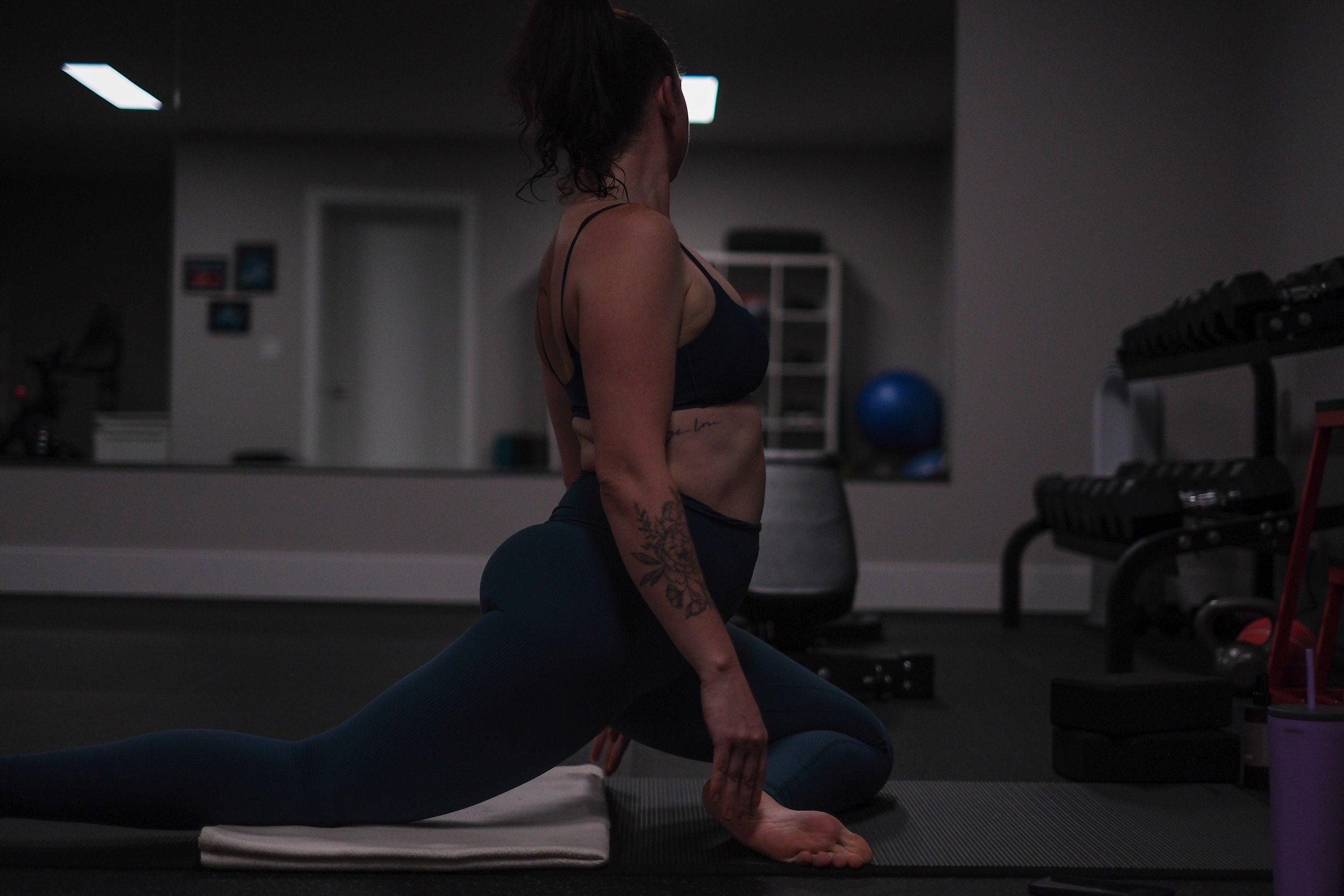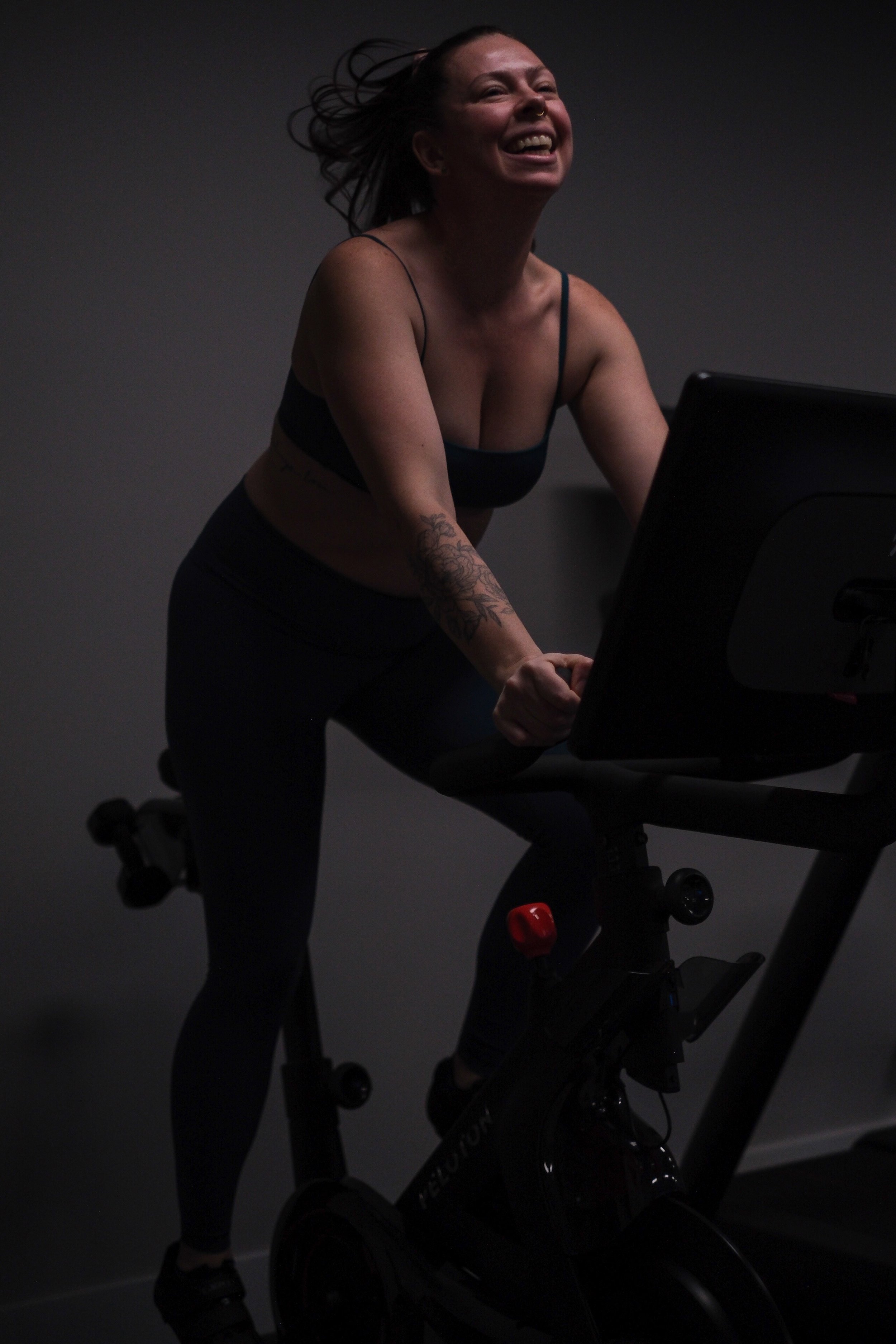How Strava & COROS Supported My Postpartum Fitness Journey
After welcoming my second baby, I faced what many new parents experience: a body that felt unfamiliar, energy reserves that seemed nonexistent, and a schedule that left little room for personal fitness. My days of chasing personal records and long outdoor adventures felt like a distant memory—until I discovered how Strava and COROS could help me rebuild my strength and endurance in a smart, sustainable way.
These two tools became essential to my postpartum fitness journey, providing the structure, motivation, and data I needed to return to running, hiking, and cycling—not just as a former version of myself, but as a stronger and more resilient athlete.
Here’s how Strava and COROS supported my journey, and how they can help anyone navigating postpartum recovery, injury rehab, or a return to fitness after a long break.
The Importance of Tracking in Postpartum Recovery
Postpartum fitness isn’t about "bouncing back"—it’s about rebuilding with intention. After childbirth, I encountered:
Pelvic floor weakness (making even light jogs challenging)
Dramatic endurance loss (a mile felt like a marathon)
Limited time (naps and feeding schedules dictated my workouts)
I needed more than guesswork—I needed data-driven guidance. That’s where Strava and COROS came in.
How Strava Kept Me Motivated and Accountable
1. Celebrating Small Wins
Logged every workout, even if it was just a walk with the stroller
Tracked streaks to build consistency (three workouts a week became non-negotiable)
Joined postpartum fitness challenges
Key takeaway: Watching my progress—from short walks to 5Ks—gave me tangible proof I was improving.
2. Finding Community in Isolation
Connected with other postpartum runners through Strava clubs
Shared struggles (like returning to running without discomfort)
Received encouragement (sometimes a single "kudos" was enough to get me out the door)
3. Planning My Comeback
Used segment comparisons to compete against my past self
Discovered stroller-friendly routes via Strava’s heatmaps
How COROS Optimized My Training
1. Effort-Based Training (No More Overtraining)
Relied on EvoLab’s fatigue metrics to avoid pushing too hard
Tracked HRV (heart rate variability) to gauge recovery needs
Critical for postpartum recovery: Focusing on effort over pace helped me avoid setbacks.
2. Structured Workouts for Limited Time
Followed 20-minute "nap time" workouts from COROS’s training library
Used heart rate zone alerts to stay in the right effort range
3. Regaining Confidence on Trails
Navigated new routes safely with COROS’s offline maps
Tracked elevation gain to measure strength progress, even when speed lagged
Rebuilding Cycling Fitness
Logged indoor trainer rides (Strava + Peloton kept me consistent)
Used COROS’s cycling mode to track progress without a power meter
Key Lessons from My Postpartum Fitness Journey
Progress matters more than perfection—even a 10-minute workout counts.
Data removes guilt—seeing HRV dips helped me prioritize rest.
Community is powerful—Strava connections kept me going on tough days.
Strength gains aren’t always about speed—improving cadence and endurance matters.
You’re still an athlete—even if your "finish line" looks different now.
How to Use Strava and COROS in Your Own Comeback
Start small—log walks, hikes, or short runs.
Join postpartum or rehab-focused groups on Strava.
Sync COROS to Strava for double the motivation.
Celebrate non-scale victories—energy, mood, and consistency matter most.
To every parent rebuilding their fitness: You’re doing incredible work. Keep going.
Want to follow my journey? Connect with me on Strava [@cassiemarkham_].







